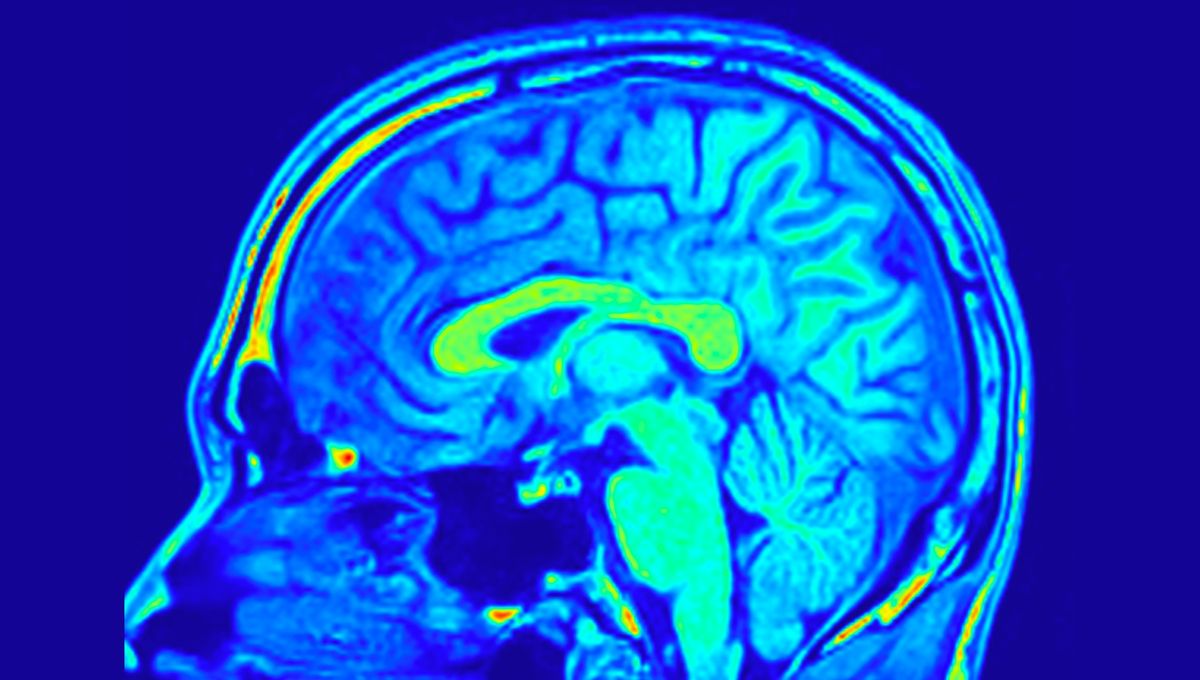
Researchers have identified the brain regions that are essential for logical thinking and problem-solving. The findings help us understand how our brains support our reasoning skills – our ability to comprehend, draw conclusions, and deal with novel problems.
Reasoning skills are pretty important. They underpin many of humanity’s greatest intellectual achievements – from mathematics, philosophy, and science, to pub quizzes, internet memes, and overly competitive games of Scrabble. Given its significance in human affairs, reason itself has been the subject of centuries of academic interest, but our understanding of the relationship between reasoning abilities and other cognitive processes, as well as their neuroanatomical basis, is still quite limited.
To assess which brain areas are necessary for certain abilities, researchers study patients with brain lesions – damaged areas – caused by stroke or brain tumors. This approach is known as “lesion-deficit mapping”. It’s probably the most powerful way we have to localize functions in the human brain. However, it is not easy to perform.
Studying brain injuries is complex and time-consuming, as researchers need a large number of patients with specific brain damage. For instance, they may be looking for patients who have difficulty thinking, feeling, or moving, but few research centers have access to sufficient patients with the same problems to conduct this kind of study effectively.
Previous research has tended to rely on functional magnetic resonance imaging (fMRI) techniques in healthy individuals, where brain activity is detected by imaging changes in the blood flow and oxygenation in the brain. However, the results this technique offers can sometimes be misleading, as it provides correlational evidence, not causal.
In their latest study, a team led by researchers at UCL Queen Square Institute of Neurology and Department of Neuropsychology at the National Hospital for Neurology and Neurosurgery, UCLH, used lesion-deficit mapping to examine 247 patients with unilateral focal brain lesions in either the left or right frontal or posterior regions of the brain. In addition, 81 healthy individuals were included to serve as a control group.
Two tests were used to assess reasoning skills in these participants. These included a verbal deductive reasoning task – a puzzle where participants are asked to find relationships between words to solve and problems. This included questions such as “If Sarah is smarter than Diana and Sarah is smarter than Heather, is Diana smarter than Heather?”
The second test was a nonverbal analogical reasoning task – a type of puzzle involving pictures, shapes and numbers that are used to solve problems or identify patterns. They were asked questions like “Which set of numbers is 1,2,3 most similar to – 5,6,7 or 6,5,7?”.
The results shows that people with damage to the right frontal lobe found it much harder to complete both tasks compared to those with damage to other areas. They made about 15 percent more mistakes than the other participants.
“Our study explores how the front right part of the brain helps people think and solve new problems,” lead author Dr Joseph Mole explained in a statement.
“It also shows that our two new tests can help detect reasoning problems in individuals with brain damage, improving diagnosis and treatment.”
“By combining a detailed cognitive investigation in a large sample of brain damaged patients with advanced lesion mapping techniques – developed by Professor Parashkev Nachev and his team at the UCL Queen Square Institute of Neurology – we have deepened our understanding of the complex and, so far, poorly understood, neural structures underlying human reasoning,” Professor Lisa Cipolotti added.
“Our findings show a close connection between the right frontal brain network involved in reasoning and the right frontal brain network essential for fluid intelligence (our ability to solve problems without prior experience). This suggests that a common area of the brain plays a critical role in both reasoning and fluid intelligence.”
The team believe these findings have important clinical implications, as the tests can help identify cognitive impairment that would usually go undetected. They hope that, with further validation and implementation, the new reasoning tests could be rolled out on the UK’s National Health Service, offering tools specifically designed to assess right frontal lobe dysfunction.
The study is published in the journal Brain.
Source Link: Brain Network That Supports Logic, Reason, And Problem-Solving Pinpointed By New Tests